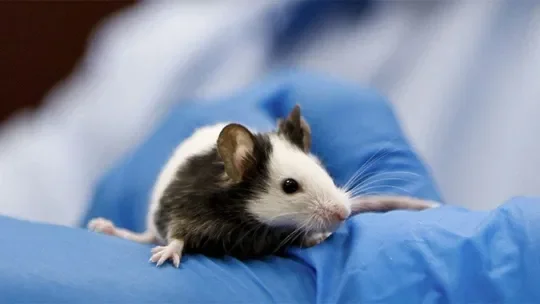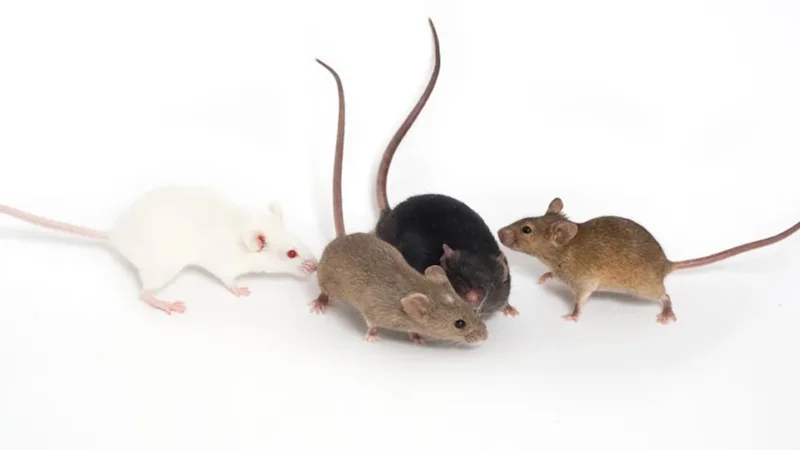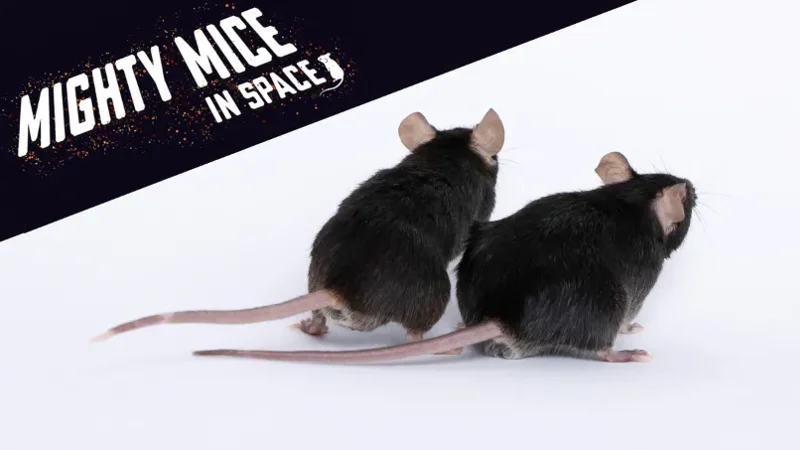As humans, we are wildly variable from birth, with significant genetic differences between individuals. We live in different environments, eat different foods, sleep at different times — every aspect of how we live affects our response to a drug or other treatment. With our long average life span, it would take decades to uncover anything useful about aging and associated diseases. And, there are myriad ethical issues that prevent researchers from influencing human inheritance, controlling daily environment or behavior, or fully investigating our biology. Clearly there needs to be a different experimental subject.
The best models — stand-in surrogates for humans and our diseases — are mice.

The impact of mouse-based research on biological discovery and medical progress over the past century has been profound. Read the background of most Nobel Prizes awarded in Physiology or Medicine and you’ll find mice used for the research — in fact, 26 Nobel Prizes can be directly tied to JAX® Mice.
Today, mice are more important than ever to research. Mice and humans are strikingly similar — genetically and biologically. They get most of the same diseases we do. With groundbreaking genome sequencing and genetic engineering capabilities, we can now create mice that have exactly the same mutations that human patients have. We can observe them throughout their lifetimes to see how environmental, pharmaceutical or other variables affect health and life span. We can even mimic human genetic variability with populations of mice that are deliberately quite genetically different. Introducing a variable — a new drug, for example — leads to different responses. With mice, researchers can readily track the genetics that underlie those differences and use their findings to inform drug development, and more accurate clinical trials.
Mice are the key filling in the blanks of human genomics, and their presence in research is vital for the development of new diagnostics, treatments, and preventative actions.





